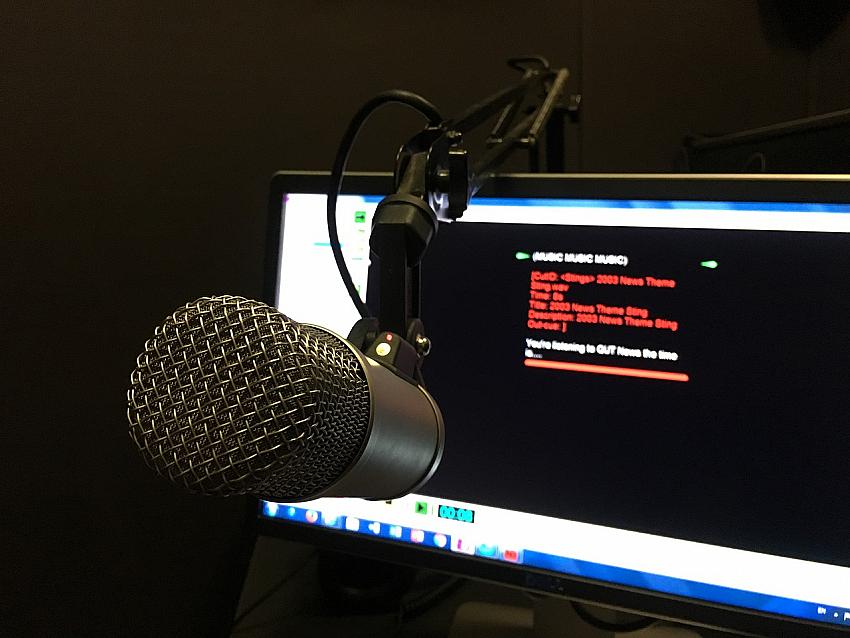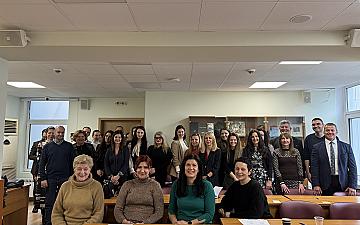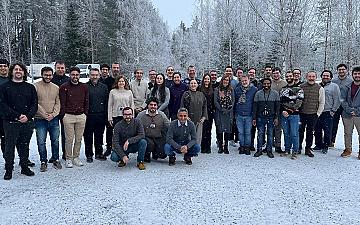In an era marked by rapid technological advances and the rise of social media, the spread of misinformation has become a serious problem globally. This problem is particularly important in times of war when accurate and reliable information is crucial for informed decision-making and public opinion. Bulgaria, like many other countries, faces challenges related to misinformation in its media sphere. In this article, we will examine the phenomenon of disinformation in Bulgarian media specifically during wartime, highlighting its impact, causes and potential solutions.
The rise of disinformation in Bulgarian media can be attributed to several factors. First, it is the development of technology, which has facilitated the dissemination of false information by malicious actors through various platforms. Social media platforms have become a ground for the spread of misinformation due to their widespread use and limited fact-checking mechanisms.
In times of war, misinformation tends to increase as both government and non-government organisations use chaos and fear to manipulate public opinion and push their agendas.
Disinformation in the Bulgarian media during wartime can have far-reaching consequences for society. It can undermine public confidence in institutions, fuel divisions and conflicts among citizens, and hamper efforts to preserve national unity. Fake news can create fear and panic, making it difficult for authorities to manage the situation effectively on the ground. Disinformation can also complicate international relations, as fake news can escalate tensions or strain diplomatic relations.
Several factors contribute to the spread of disinformation in the Bulgarian media in times of war. One is the lack of media literacy among the population. Also, insufficient critical thinking skills and the inability to distinguish credible sources from disinformation make people vulnerable to manipulation.
Political polarisation and the influence of partisan interests exacerbate the problem. Different factions can use misinformation to gain strategic advantage or undermine their opponents, further blurring the line between truth and falsehood.
The financial aspect should not be overlooked. Disinformation campaigns are often financially motivated, led by individuals or groups seeking to generate revenue through clickbait articles, sensational headlines or even sponsored content. The profit-oriented nature of the media can lead to the spread of disinformation for financial gain, especially when fact-checking and verification processes are ignored.
Combating disinformation in the Bulgarian media in times of war requires a complex approach. First and foremost, raising media literacy among citizens is crucial. Educational programmes must be implemented to teach critical thinking skills, digital literacy, and fact-checking techniques. By enabling people to distinguish truthful information from misinformation, the impact of false claims can be reduced.
In addition, media organisations should priorities responsible journalism. Rigorous fact-checking procedures, verification processes and adherence to ethical reporting standards are essential to maintain credibility. Promoting transparency and accountability in the media landscape can help rebuild public trust.
Disinformation in the Bulgarian media during wartime poses a serious challenge to society, public opinion, and national security. It is imperative to recognise the root causes and take proactive measures to combat this problem. By promoting media literacy, encouraging responsible journalism, and facilitating cooperation between stakeholders, Bulgaria can work to counter the spread of disinformation. Only through collective efforts can the country protect its citizens from the harmful effects of disinformation in times of war.









